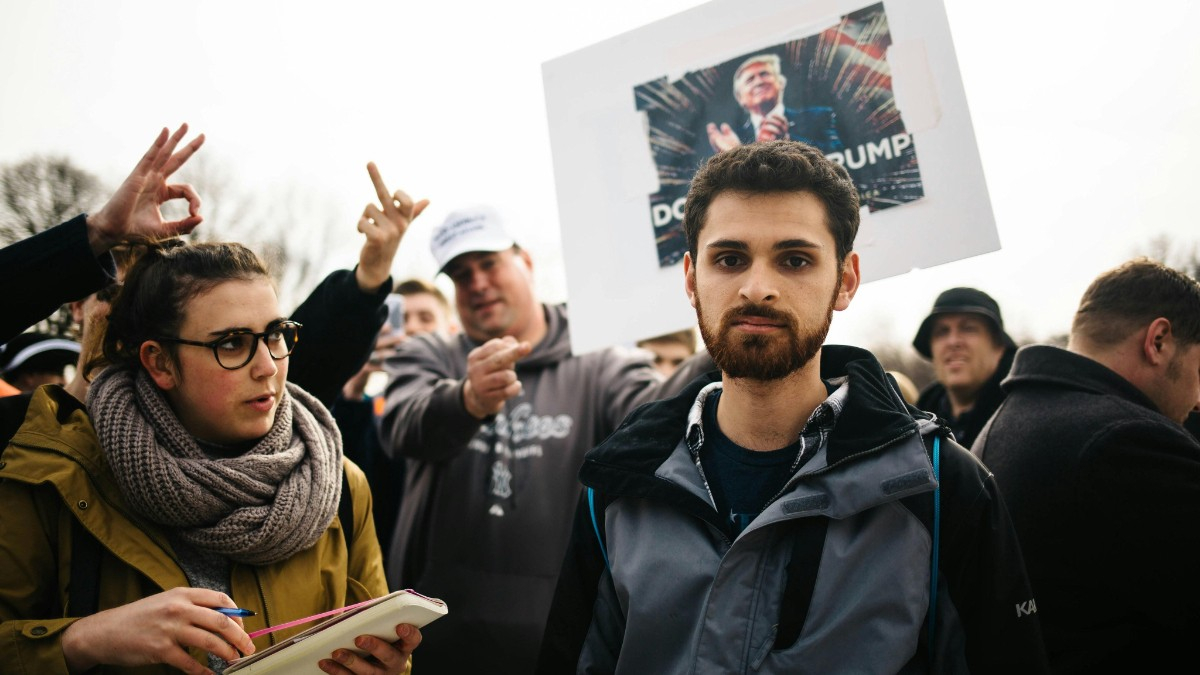As Donald Trump readies himself for inauguration on January 20, 2025, among the most hotly debated topics will be whether he might pardon those involved in the January 6 rioting at the Capitol. Publicly, Trump has vowed to grant pardons on the first day of his presidency, which leaves open questions as to what this could mean for the people charged and the broader legal landscape.
The promise of pardons
During his campaign, Trump made clear that he intends to make pardons for those charged in connection with the January 6 riots a priority. In interviews, he emphasized that many of those people have “suffered long and hard” and characterized their treatment within the justice system as “corrupt.” He hinted that he would move swiftly, saying, “Most likely, I’ll do it very quickly,” suggesting that he views this as something of an urgent matter upon taking office.
Trump’s move to pardon these individuals serves his narrative that they are victims of an unfair legal system. While he has said he intends to issue blanket pardons, he indicated there will be exceptions for those he considers “radical” or “crazy”, a statement that evidences his selective approach to potential pardons.
Scope of potential pardons
The number of people Trump could pardon is vast. More than 1,500 people have been charged in connection with the events of January 6, and more than 650 have been sentenced to prison for periods running from a few days to more than 22 years. Some lawmakers and supporters of Trump argue that many of these people have already served significant time and should be granted clemency.
Rep. Marjorie Taylor Greene has been a vocal supporter of blanket pardons, even going as far as to say those who committed violent attacks against police officers should be eligible for release. She claims the sentences imposed are a “two-tiered justice system” and is calling for an end to what she alleges are injustices being carried out against these rioters.
Legislative and public reactions
The prospect of mass pardons has generated a mixed reaction among lawmakers. While some Republicans support the idea of pardoning specific people on a case-by-case basis, others are worried about the signal such a move sends on accountability and the rule of law. For example, Rep. Jim Jordan, a Trump ally, said he understands why some pardons are needed but warned against treating all offenders equally.
Democratic lawmakers have been especially outspoken against the idea of pardoning those involved in the riots, saying it would undermine law enforcement efforts and send a dangerous message about condoning violence against police officers who were injured during the riots. Critics point out that more than 140 officers were injured on January 6, making this event one of the largest assaults on law enforcement in U.S. history.
Capitol Police Sgt. Aquilino Gonell articulated this sentiment by stating that granting pardons would betray the trust placed in law enforcement officials and undermine efforts to uphold justice.
Legal implications and future considerations
If Trump follows through on his promise to issue pardons, it could carry significant legal weight. Experts warn that this might set a precedent for future administrations regarding how insurrectionists are treated under U.S. law. Many members of such extremist groups as the Oath Keepers and Proud Boys could be given clemency, and that would mean condoning violent political acts, which by extension would empower similar kinds of violence in the future.
Moreover, should Trump proceed with widespread pardons, there may be calls for accountability from those receiving clemency, such as demands for contrition or assurances they pose no further threat to public safety.
Read more: How the U.S. Postal Service is changing as of January 1, 2025 – Review all rate and service changes
Read more: China is targeting several dozen U.S. companies over Trump’s tariffs – These would be the companies affected if the president-elect approves the move
